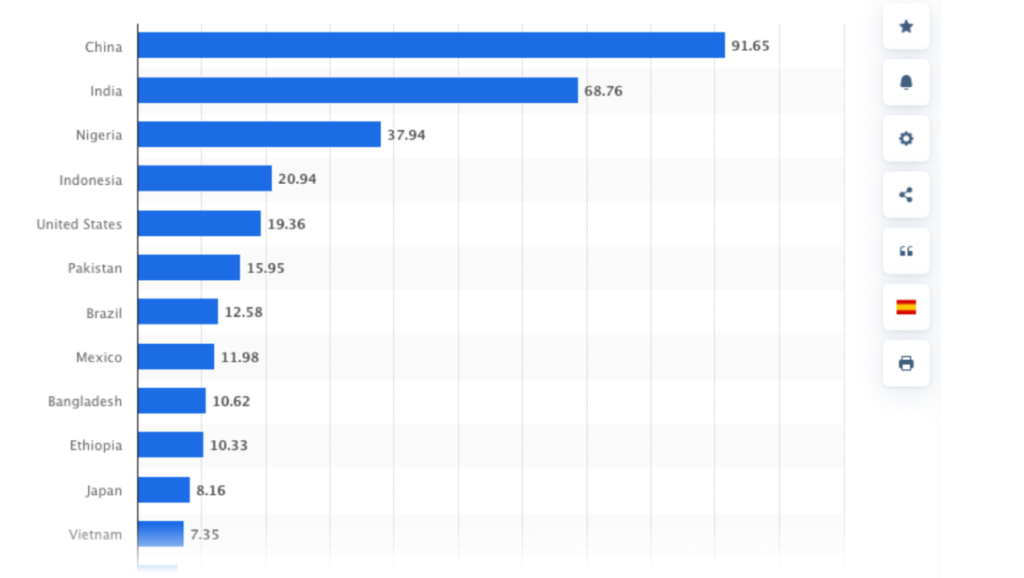From Waste to Wealth: Embracing Zero Food Waste for Sustainable Food Systems
In a world where millions suffer from hunger and food insecurity, the staggering amount of food wasted each year is not only a moral issue but also an environmental and economic challenge. Embracing the concept of zero food waste is crucial for building sustainable food systems that conserve resources, reduce greenhouse gas emissions, and ensure food security for all. In this blog, we’ll explore the importance of zero food waste initiatives and the significant impact they can have on achieving food sustainability. Here are some interesting and shocking statistics about Food Waste:Food waste produced annually in selected countries worldwide 2020
Published by Ian Tiseo, Dec 6, 2023
The Scope of Food Waste:
Global Food Waste Statistics:- The magnitude of food waste on a global scale is staggering. According to the Food and Agriculture Organization (FAO) of the United Nations, approximately one-third of all food produced for human consumption is lost or wasted each year. This equates to about 1.3 billion metric tons of food being discarded annually, with significant implications for both food security and environmental sustainability.
- The economic value of global food waste is equally concerning. The World Bank estimates that food waste represents nearly $1 trillion in lost resources each year, highlighting the immense economic inefficiencies inherent in the current food system.
- The environmental consequences of food waste are profound. Rotting food in landfills emits methane, a potent greenhouse gas that contributes to climate change. The Environmental Protection Agency (EPA) states that methane is 25 times more effective at trapping heat in the atmosphere than carbon dioxide over a 100-year period.
- The FAO reports that food waste is responsible for approximately 8% of global greenhouse gas emissions. These emissions arise from various stages of the food supply chain, including production, transportation, and disposal, making food waste a significant contributor to climate change and environmental degradation.


